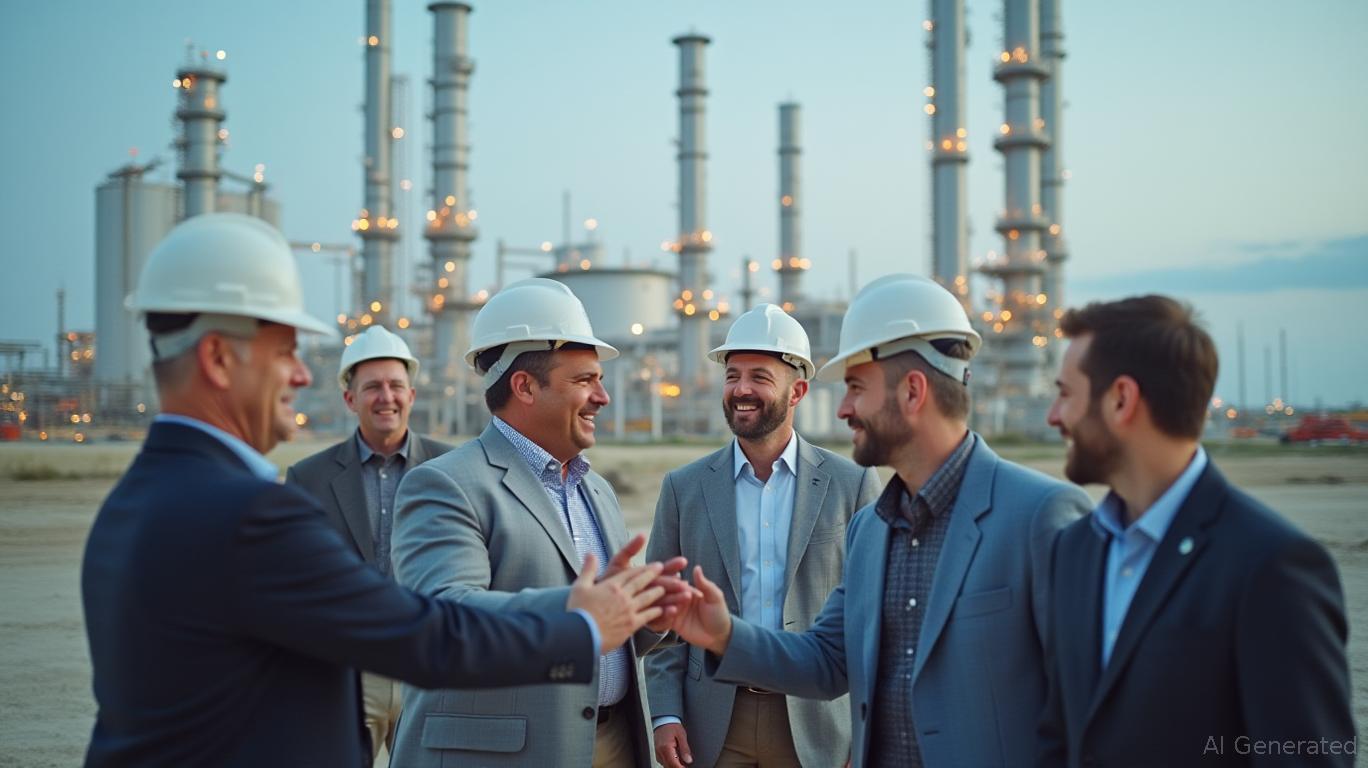Venture Global's Mass-Production LNG Facilities Surpass Leading Industry Competitors

Venture Global, recognized as the fastest-expanding LNG exporter in the U.S., has recently concluded a heated arbitration with
The arbitration, which revolved around Venture Global’s choice to sell LNG on the spot market during the commissioning of its Calcasieu Pass facility, marked a significant milestone in the company’s ascent. While
Venture Global’s expansion relies on its unique modular LNG production strategy. Departing from the conventional model of large, four-train plants, its Calcasieu Pass and Plaquemines sites use 36 compact, scalable trains. This setup allows the company to generate revenue in stages as construction progresses, lowering upfront costs and speeding up financial returns. This innovative method has allowed Venture Global to outpace competitors in bringing facilities online, with Plaquemines nearing full operation and the CP2 project expected to start producing in 2027.
The company still faces environmental and regulatory obstacles. Environmental advocates have filed a lawsuit to block the CP2 LNG project, citing breaches of the Clean Air Act and high greenhouse gas emissions. The new facility, which would add 20 million metric tons per year to Venture Global’s output, has drawn criticism for potentially worsening air quality in Cameron Parish, Louisiana—a region already impacted by heavy industry. The plaintiffs claim the project’s total emissions would surpass those from 47 million gasoline vehicles each year.
Despite these challenges, Venture Global remains confident about its future. CEO Mike Sabel, who previously worked in investment banking, credits the company’s achievements to its “underdog” mentality and creative project execution. The firm’s market value has bounced back to $36 billion after dropping to $17 billion in 2024, signaling renewed investor trust in its business model. Analysts such as Jack Weixel from East Daley Analytics point to Venture Global’s “assembly-line” method for LNG development, with 36 modular trains in operation and further expansion planned through the end of the decade.
Nonetheless, the company faces ongoing risks. Environmental organizations caution that a global LNG oversupply could emerge by 2030 due to excess capacity and evolving market demands. The CP2 lawsuit also highlights the increasing regulatory attention on major energy projects. How Venture Global manages these issues will be crucial in determining whether it can maintain its lead in the U.S. LNG sector.